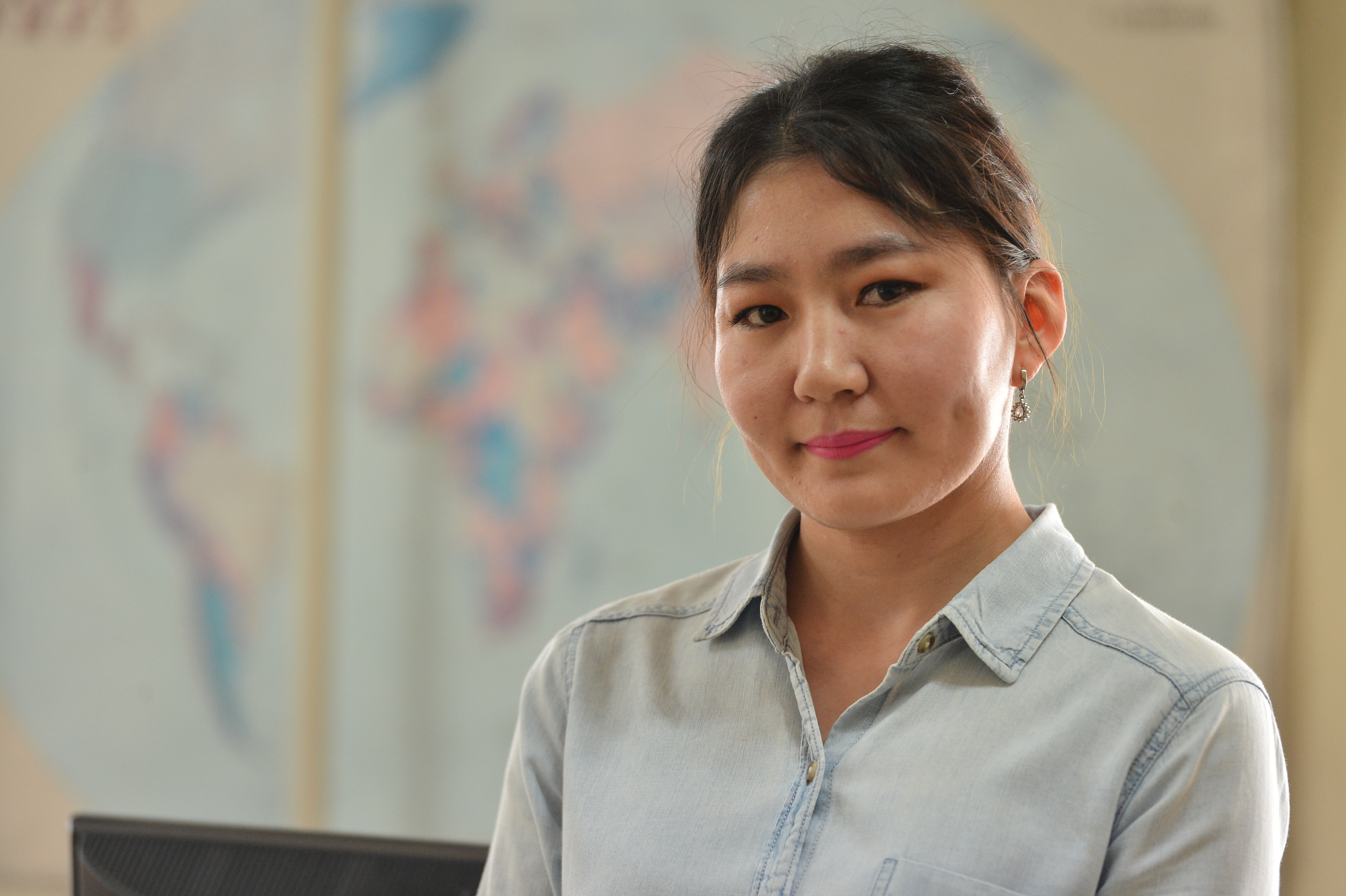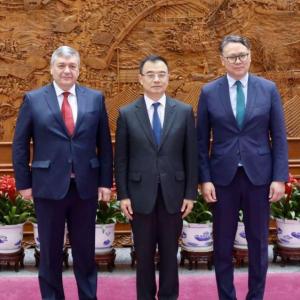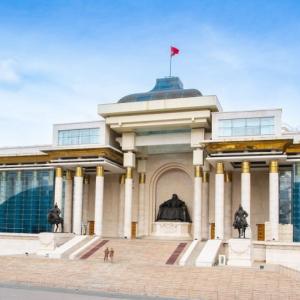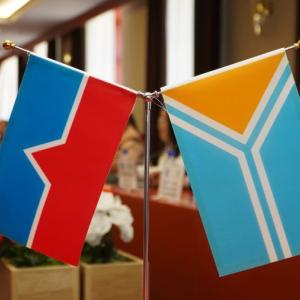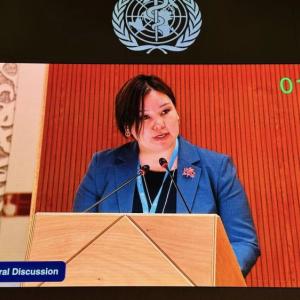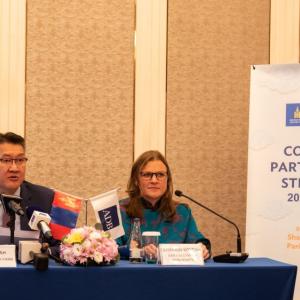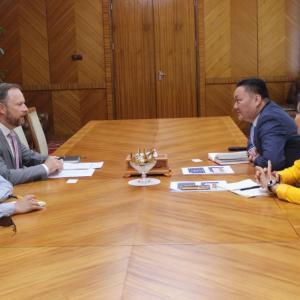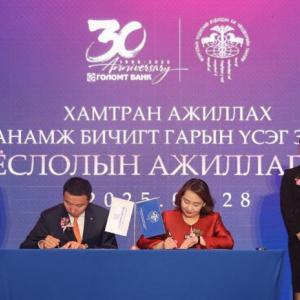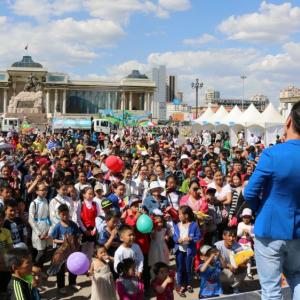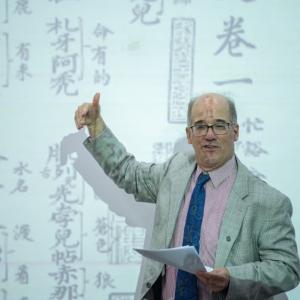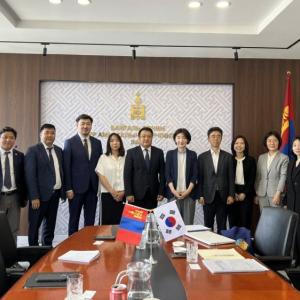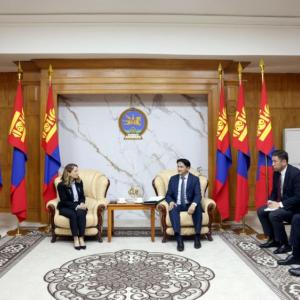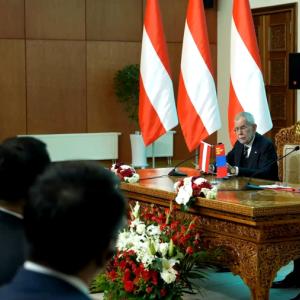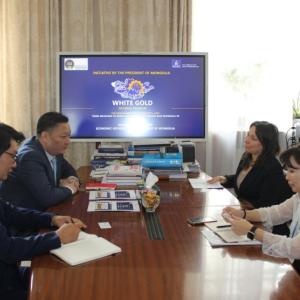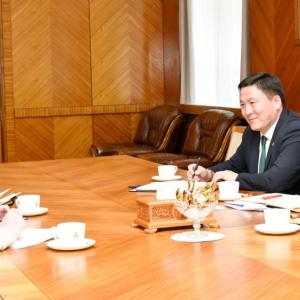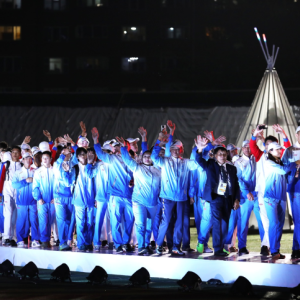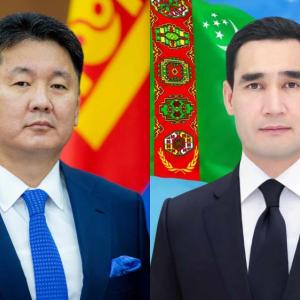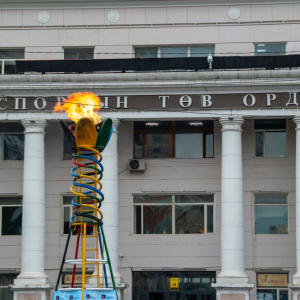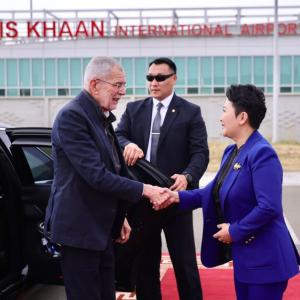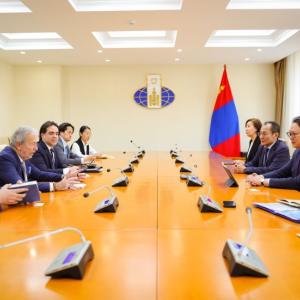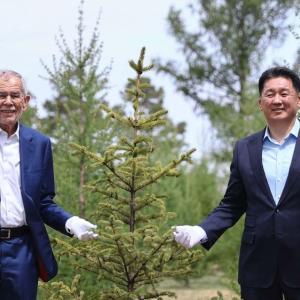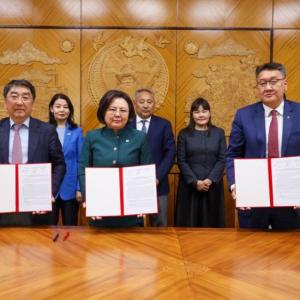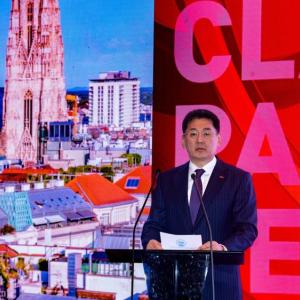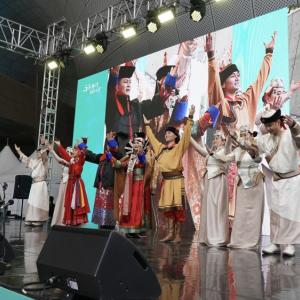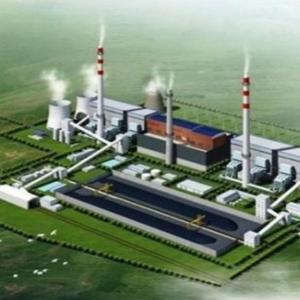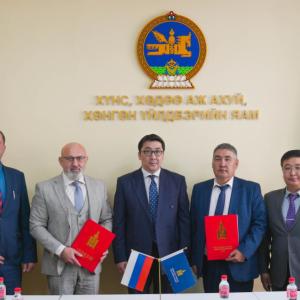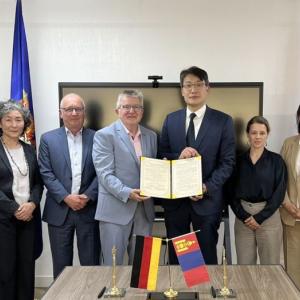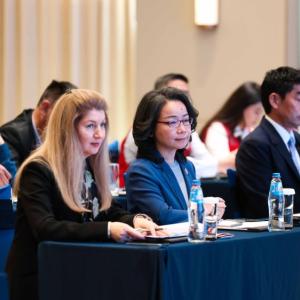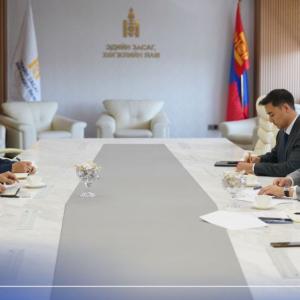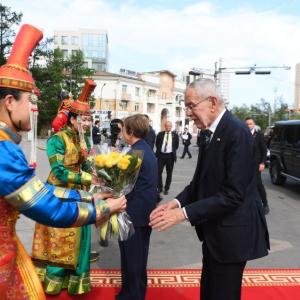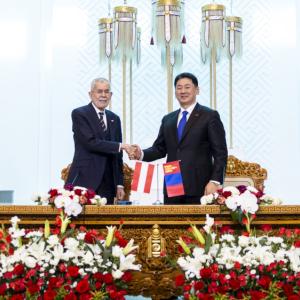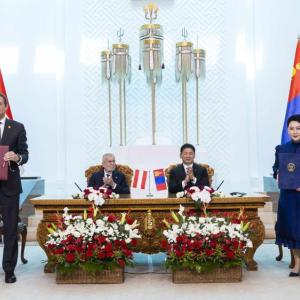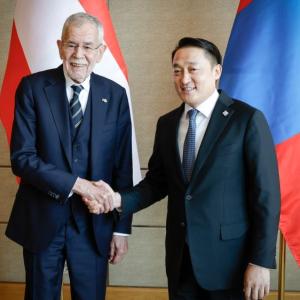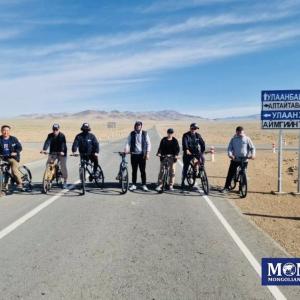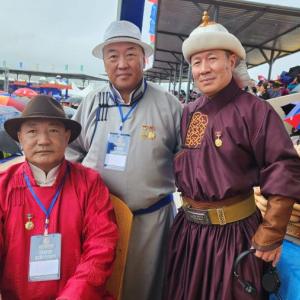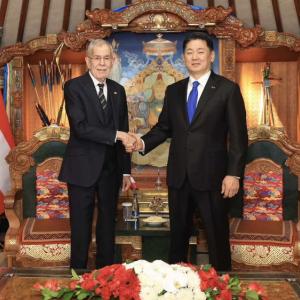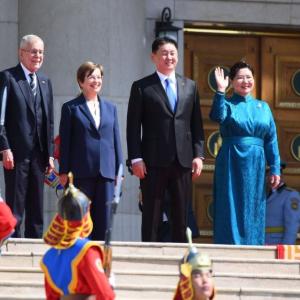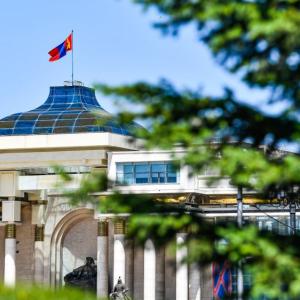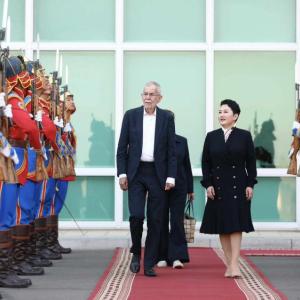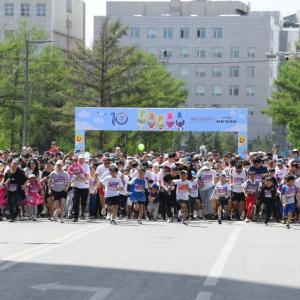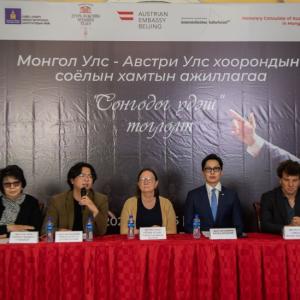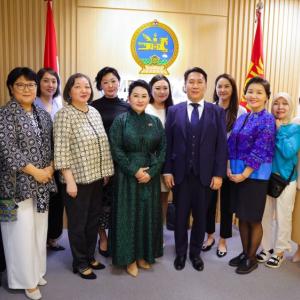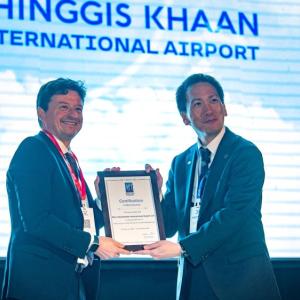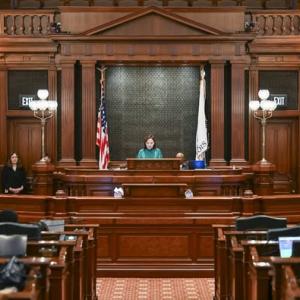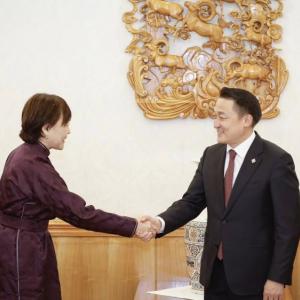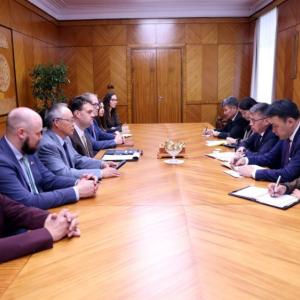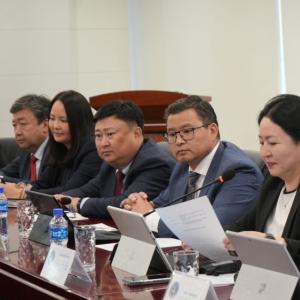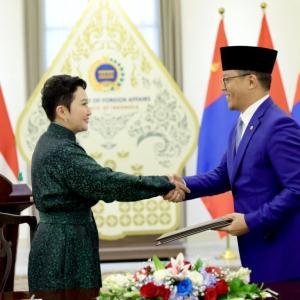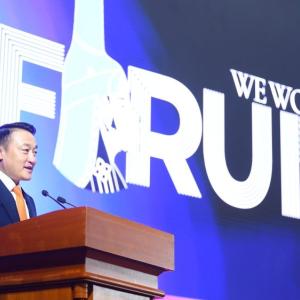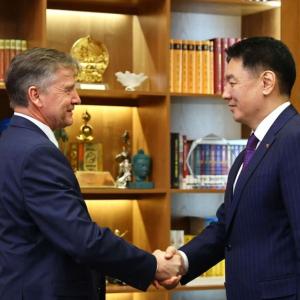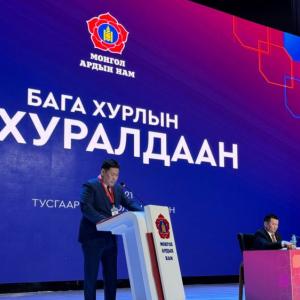ADB projects in Mongolia, Cambodia, Tajikistan secure GCF Funding
Environment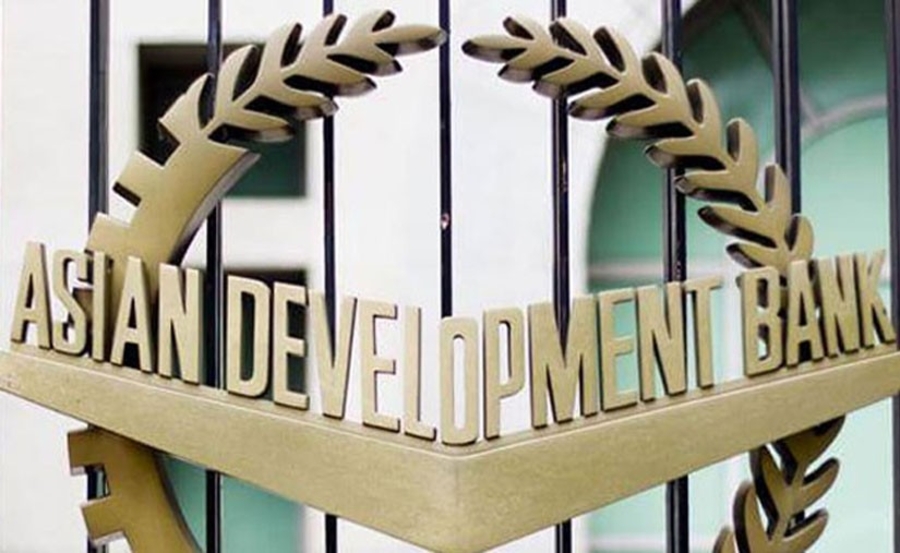
Ulaanbaatar /MONTSAME/ On March 9, the Asian Development Bank (ADB) has secured USD 190 million in total funding comprising of USD 85 million in grants and USD 105 million in concessional loans from the Green Climate Fund (GCF) for its climate change projects in Mongolia, Cambodia, and Tajikistan, shoring up the bank’s efforts to increase its climate financing for the Asia and Pacific region.
The new funding, approved during the 19th meeting of the GCF board last February 27 to March 1 in Songdo, Republic of Korea, will provide cofinancing support to three ADB-financed projects.
In Mongolia, the GCF funding of USD 50 million in grant and USD 95 million in loan will supplement the USD 399 million from ADB and other partners to provide Ulaanbaatar’s peri-urban areas (ger areas) with 100 hectares of eco-districts that are low carbon, climate resilient, and livable and 10,000 green housing units that are energy efficient, affordable, and utilize renewable energy.
“ADB has an ambitious plan to provide annual climate financing of USD 6 billion by 2020 from its own resources,” said Bambang Susantono, ADB Vice-President for Knowledge Management and Sustainable Development. “The funding from GCF will complement this effort and help our developing member countries address the effects of climate change and meet their commitments under the Paris climate agreement.”
In 2017, ADB delivered over USD 4.5 billion in climate finance from its own resources, of which USD 3.6 billion was for mitigation and USD 930 million for adaptation, and mobilized an additional USD 696 million from external sources.
The new funding, approved during the 19th meeting of the GCF board last February 27 to March 1 in Songdo, Republic of Korea, will provide cofinancing support to three ADB-financed projects.
In Mongolia, the GCF funding of USD 50 million in grant and USD 95 million in loan will supplement the USD 399 million from ADB and other partners to provide Ulaanbaatar’s peri-urban areas (ger areas) with 100 hectares of eco-districts that are low carbon, climate resilient, and livable and 10,000 green housing units that are energy efficient, affordable, and utilize renewable energy.
“ADB has an ambitious plan to provide annual climate financing of USD 6 billion by 2020 from its own resources,” said Bambang Susantono, ADB Vice-President for Knowledge Management and Sustainable Development. “The funding from GCF will complement this effort and help our developing member countries address the effects of climate change and meet their commitments under the Paris climate agreement.”
In 2017, ADB delivered over USD 4.5 billion in climate finance from its own resources, of which USD 3.6 billion was for mitigation and USD 930 million for adaptation, and mobilized an additional USD 696 million from external sources.
source: www.adb.org

 Ulaanbaatar
Ulaanbaatar
